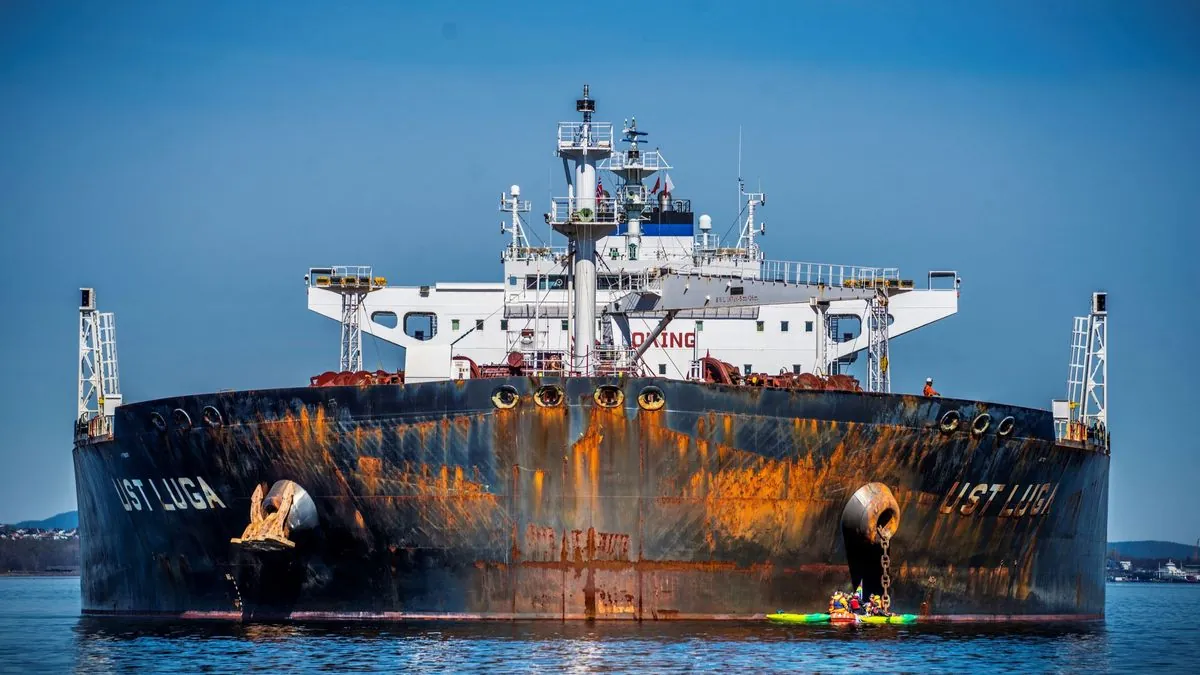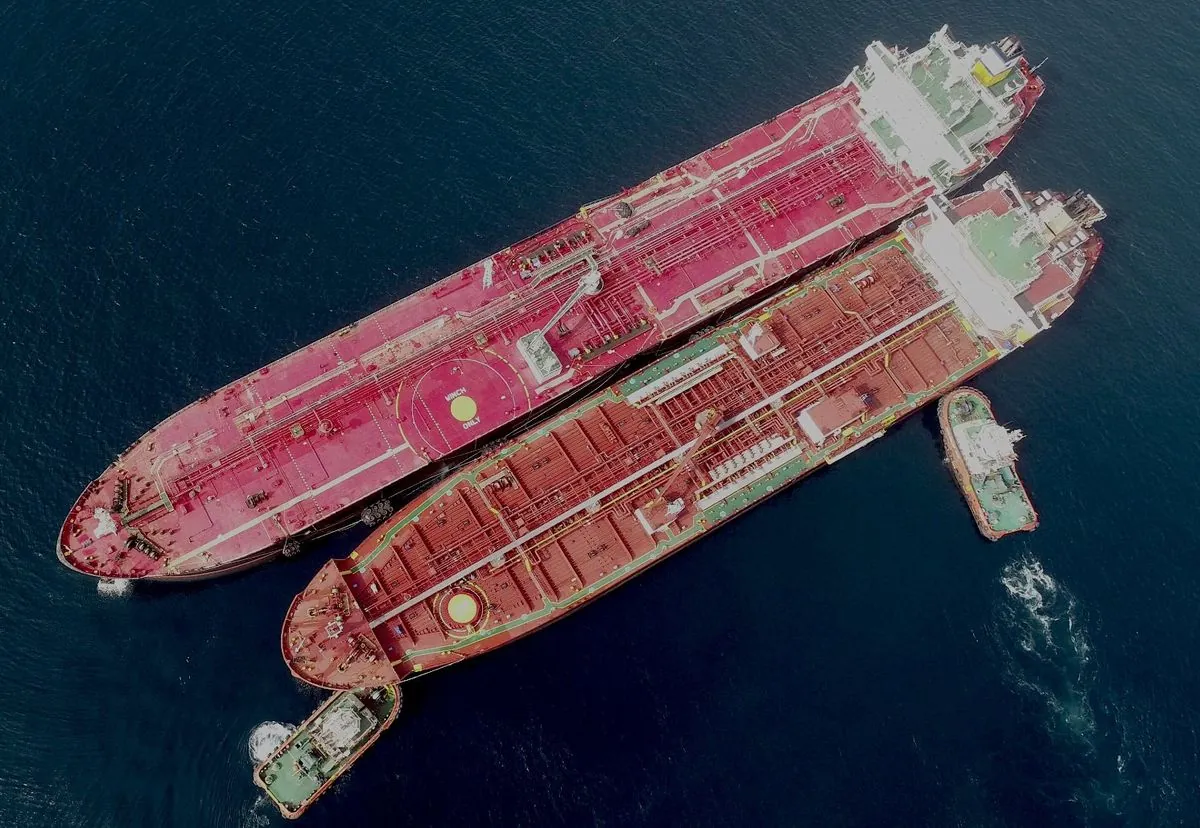UK Targets Russian 'Shadow Fleet' with New Sanctions on 10 Vessels
Britain imposes sanctions on 10 ships in Russia's "shadow fleet" to counter illicit oil trade practices. The move aims to reinforce Western embargoes and support for Ukraine.

The United Kingdom has taken decisive action against Russia's attempts to circumvent Western oil embargoes by imposing sanctions on 10 vessels within its "shadow fleet." This move, announced on September 11, 2024, aims to disrupt illicit practices used to evade international restrictions on Russian oil trade.
David Lammy, Britain's foreign minister, emphasized the significance of these sanctions in a statement, asserting that they "further undermine Russia's ability to trade in oil via its shadow fleet." He reiterated the international community's solidarity with Ukraine and the collective determination to counter these clandestine operations.
The concept of a "shadow fleet" is not new in the realm of international shipping. It gained prominence during the Iran sanctions era and has since become a tool for nations facing trade restrictions. These fleets often employ tactics such as ship-to-ship transfers and manipulating AIS (Automatic Identification System) data to obscure the origin of oil cargoes.

Russia, as one of the world's largest oil exporters, has been grappling with various international sanctions since its annexation of Crimea in 2014. The situation intensified following the full-scale invasion of Ukraine, leading to more stringent measures. Notably, the G7 countries implemented a price cap on Russian oil in December 2022, while the EU banned seaborne imports of Russian crude oil starting from December 5, 2022.
The maritime industry plays a crucial role in these geopolitical dynamics. With over 100,000 ships in the global merchant fleet as of 2021, enforcing sanctions presents significant challenges. The International Maritime Organization (IMO) is responsible for regulating international shipping, but flag states bear the primary responsibility for enforcing regulations on ships registered under their flag.
"Alongside our partners, we will continue to send a stark message to Russia that the international community stands with Ukraine and we will not tolerate this illicit fleet."
This statement underscores the collaborative nature of these efforts. Maritime sanctions can include port bans, asset freezes, and prohibitions on providing services, all aimed at curtailing Russia's ability to profit from oil sales while evading international restrictions.
The use of "flags of convenience" further complicates enforcement efforts. This practice allows ship owners to register vessels in countries with less stringent regulations, potentially facilitating the operation of shadow fleets.
As this situation unfolds, the international community remains vigilant in its efforts to maintain the integrity of sanctions regimes and support Ukraine's sovereignty. The UK's recent action serves as a reminder of the ongoing challenges in enforcing maritime regulations in an increasingly complex global landscape.


































